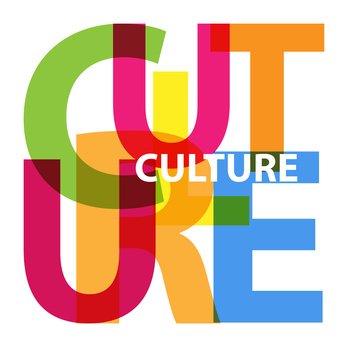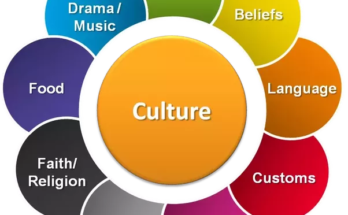The hackneyed call for cultural revival has been sentimentally understood and interpreted to mean the reversion to our ancestral cultural values. The cultures of our ancestors represented their level of development, and enlightenment as well as their contemporary priorities which are incongruous with or present age. It extolled such practices as polygamy, ostracism of certain lineage (e.g. the ‘Osu’ caste in Igbo culture), festivals that impose restrictions on people’s movement, totem and elemental worship, human sacrifices, etc. Moreover, the mutual suspicion existing amongst the different ethnic groups in this country is because of the tradition handed down from the preceding generations.
Our ancestral culture is discriminatory in nature. It recognises only the people within its region and sees others of different cultural groups as foes, hence, the constant intertribal wars that characterised their histories. These, definitely, are not what the government wishes to achieve by these calls but they are, nevertheless, inevitable consequences of our ancestral cultures. Their cultures offered no solution to our present problems of overpopulation, economic difficulties, unemployment, hunger, tribalism, etc.
A culture, as a matter of fact, is a measure of the people’s level of development. It embodies such values as the ambitions, goals and aspirations of the people. A culture should not be reminiscent of ancient civilization but indicative of the yearnings of the contemporary age. Any nation seeking greatness develops relevant cultures as instruments for achieving their noble aim. The cultures of the present day Europe is a sharp deviation from the heathen cultures of their aborigines: the Celts, the Anglo-Saxons, the Normans, the Huns, the Vandals, the Goths, and even that of ancient Rome. The respective nations realised what their problems were and identified their ambitions as well and thus developed appropriate cultures to ensure the realisation of these visions.
Consequently, this gave birth to the Renaissance, later the Industrial Revolution, and now what we observe today in Europe. If our quest for greatness must be successful, then we must develop appropriate cultures that would grapple with our contemporary problems and at the same time play fundamental roles for the realisation of our goals and aspirations: for example technological culture; reading culture; cultures of discipline, curiosity, self-reliance, personal integrity, diligence, determination, love, justice, unity, etc.
The frontiers of these noble ideals must be widely and thoroughly propagated to create awareness amongst the populace. Thus, the statues in some public places should no longer be that of masquerades, masks, shrines, semi-nude persons, etc., but artefacts depicting our present priorities like industry, sports, unity (analogous to the American statue of liberty) and those of heroes and heroines. The virtues of these new ideals can also be extolled through the print and electronic media, dramas and plays, books, pamphlets, handbills, films, to re-orientate and create consciousness in the minds of the citizenry towards achieving them.
These will begin to create dreams. Carl Sandburg, an American poet said: “….. it was the dream of the founders of America that made it into a world’s model republican state …..”. The traditional rulers can then serve useful duties propagating these new ideals and preach more of the things that unite us instead of passing down the diabolical traditions received from previous generations. To achieve greatness, we must evolve appropriate cultures and commit the obsolete ones to the repository as antiquities.
A good culture should sustain dreams and inflame the zest for their realization. Cultures should build civilization and not civilization projecting ancient cultures. This does not mean we should forget the past but we should not relive them. Let us ruminate in the evergreen words of Langston Hughes, a distinguished American poet, as we rationally consider these issues:
We have tomorrow,
Bright before us like a flame.
Yesterday, a night-gone thing,
A sun-down name,
And down today,
Broad arch above the road we came,
We march.
This article was originally published in The Guardian Newspaper on September 12, 1987.
![]()






